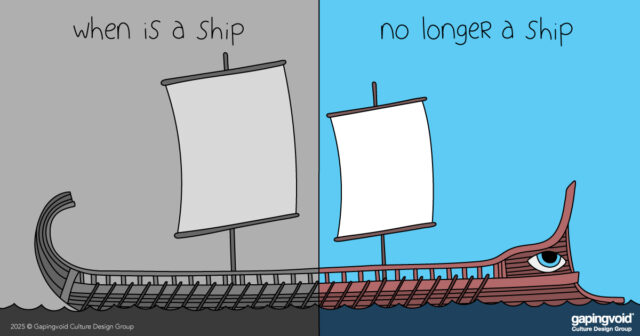
Joseph II was Emperor of the Austrian Empire back in the time of Mozart (His character had a big role in the 1984 film, Amadeus). Like Catherine the Great of Russia, he was a big fan of Enlightenment ideas.
He wasn’t a bad Emperor as far as Emperors go, but no matter how much power he had or good intentions, he never could quite get the “Great” moniker to stick, like it did with Frederick The Great, Peter The Great, the aforementioned Catherine, let alone Alexander The Great.
On his gravestone, on his own instructions, were the words, “Here lies a ruler who, despite his best intentions, was unsuccessful in all of his endeavors.”
There were many reasons why his reign wasn’t more successful. Ruling Eastern Europe and the Balkans back then was a pretty thankless task to begin with (some would argue that it still is). Perhaps a lot of it was that he was unrealistic about what an Eighteenth Century ruler could actually achieve.
Once, in order to bring a bit of stability to his relatively ethnically divided Empire, he decreed that “Every man should love his fellow citizen like a brother.”
Like a brother? Has anyone ever actually seen this happen in nature? Of course not. But somehow he thought if you made something law, then that thing would magically become real.
Another one of his laws forbade the eating of gingerbread, just because he didn’t personally like it. Very arbitrary, right?
He should’ve done what Peter The Great did. According to legend, when Peter wanted to introduce the potato into Russia, he was dismayed to find the peasants rejecting this new crop. But instead of issuing a decree, “Everybody must eat potatoes from now on,” he did something sneaky: He placed armed guards around the potato stores. The peasants, seeing this, started thinking this must mean the potatoes were valuable, so they started stealing them to plant them themselves, thinking they’d grab a piece of the action- a bit like Bitcoin for 18th Century Russia. Within a very short period of time, the humble but cheap, nutritious and tasty potato became commonplace throughout the land.
We believe the reason that rulers like Peter and Catherine succeeded and Joseph did not, wasn’t because they were inherently smarter or more hard working than the latter, but because they had a better grasp of human nature. Humans are imitating machines. Tell us what to do and we’ll look the other way. Make it look irresistible and successful, and people will begin to stand in line.
The truth is, building a great culture in any endeavor requires a great understanding of human nature. You can’t design for culture without it.



